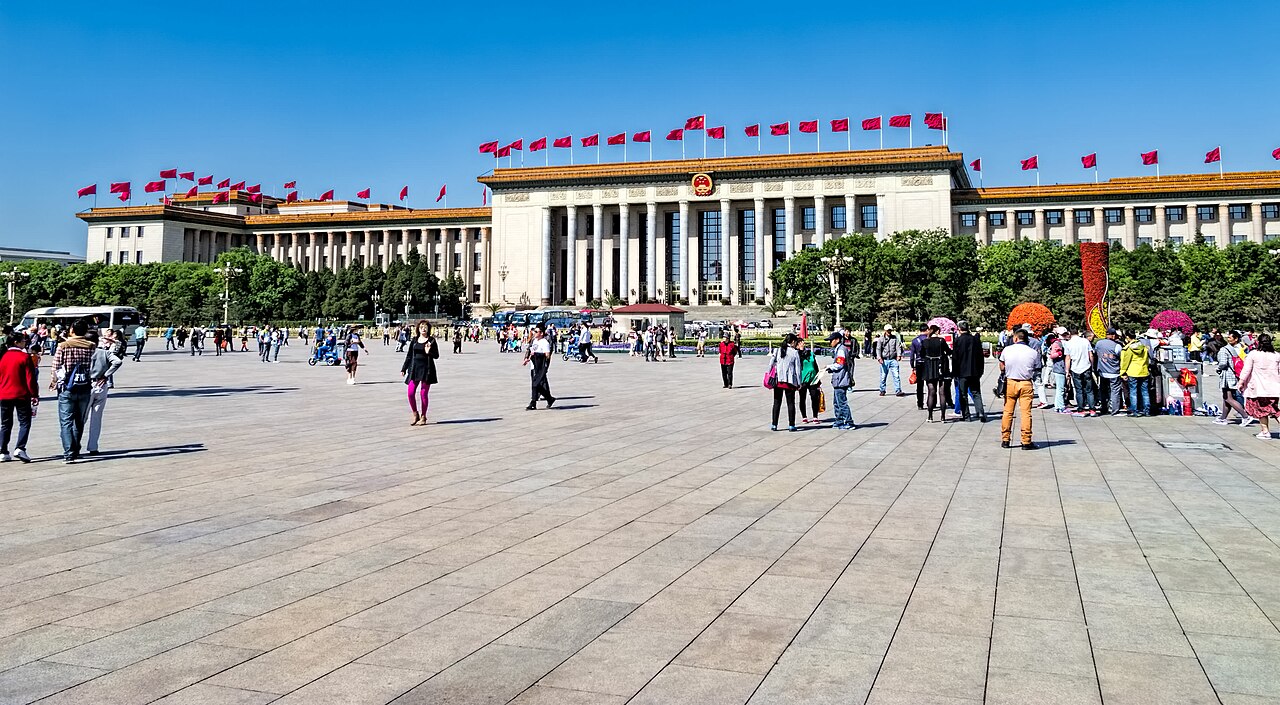Article by Stephen Brawer, Chairman of the Belt and Road Institute in Sweden and Distinguished Research Fellow at the Guangdong Institute for International Strategies. Published here courtesy of China Daily.
World history is being shaped by processes and events larger, more profound and more complex than most people can imagine. One such recent event was the third plenary session of the 20th Central Committee of the Communist Party of China. The resolution adopted at the plenum makes it clear China will continue to implement the Belt and Road Science, Technology and Innovation Cooperation Action Plan and redouble efforts to develop multilateral platforms for cooperation in green development, the digital economy, artificial intelligence, energy, taxation, finance, disaster mitigation, and other areas.
The third plenum also elaborated on how the CPC Central Committee has assessed China’s success and achievements in the new era, and emphasized the need to further deepen reform to advance Chinese modernization.
Since the launch of reform and opening-up in 1978, China has made unprecedented, remarkable economic achievements. This, along with the Belt and Road Initiative, has helped the country chart a new direction for global economic development.
Incidentally, the initiative was proposed in 2013, the same year that the third plenary session of the 18th CPC Central Committee was held.
The resolution of the third plenum of the 20th CPC Central Committee states: “The present and the near future constitute a critical period for our endeavor to build a great country and move towards national rejuvenation on all fronts through Chinese modernization … We must purposefully give more prominence to reform and further deepen reform comprehensively with a view to advancing Chinese modernization in order to deal with the complex developments both at home and abroad, adapt to the new round of scientific and technological revolution and industrial transformation, and live up to the new expectations of our people.”
The emphasis on the need to pursue national rejuvenation and Chinese modernization, and developing socialism with Chinese characteristics is a unique aspect of Chinese policymaking, with the latter having more profound philosophical aspects, referring to Confucius. Chinese civilization has a long history of making efforts to maintain social and political stability, and pursuing development based on the principle of common good.
Despite the many transformations of Chinese society over millenniums, the country has maintained its salient socioeconomic features, which have allowed it to remain a proud and cultured society.
The proposal of the top Chinese leader to build a moderately well-off society by 2020, as part of his “four comprehensives” for good governance, was realized on schedule, facilitating the country’s pursuit of national rejuvenation and Chinese modernization. On the other hand, the goal of building a high-standard socialist market economy by 2035 is a relatively long-term pursuit. All of this will lay a solid foundation for building China into a great modern socialist country by 2049, when the country will celebrate the centenary of the founding of the People’s Republic of China.
Besides, the resolution of the third plenum makes it clear that, contrary to claims of some Western media and politicians, China has no intention of closing the door on the global economy. Instead, it will continue to open up its economy to the outside world.
However, the international landscape is becoming more complex, with the United States, the European Union and some other Western economies resorting to trade protectionism and non-cooperation with China. They prefer to cynically ignore what China has achieved over the past more than four decades and perceive China as a threat.
Their short-sightedness and general ignorance are shaped by the Hobbesian view of being the dominant force under what can be called the law of the jungle. They wish to dominate the global economy and global governance system by brute force because they lack the insight and long-term development policy necessary to achieve sustained development, eliminate poverty and continue to create new jobs. It’s time the West changed its attitude and policy toward China for the sake of global common good.
As the resolution of the third plenum says, China will continue to help build a community with a shared future for mankind. As such, building a community with a shared future for mankind, along with the Five Principles of Peaceful Coexistence, should become the criterion for international relations.

